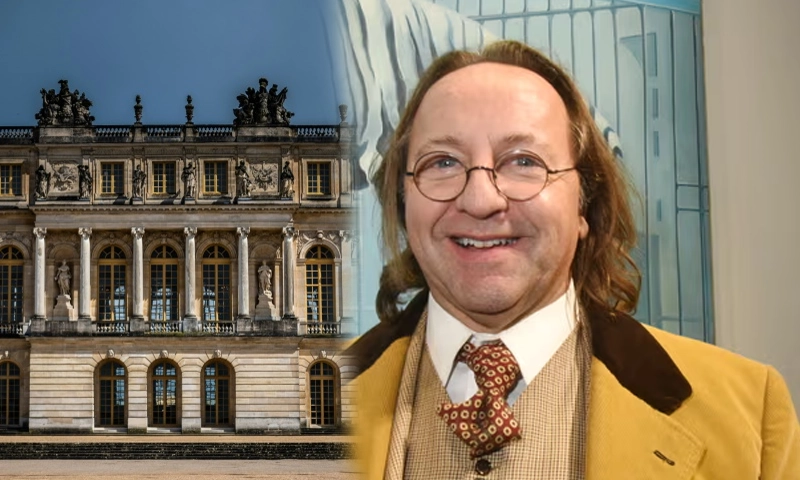- Web Desk
- Today

French antiques expert who duped Versailles sentenced to jail
-
- AFP
- Jun 11, 2025

PARIS: A French court on Wednesday sentenced a top antiques expert to jail for duping the Palace of Versailles and wealthy collectors into buying furniture he had built, claiming it dated from the 18th century.
The ruling from the court in Pontoise, north of Paris, caps one of the biggest forgery scandals to rock the rarified world of France’s top museums in recent years.
Bill Pallot, 61, along with five other people as well as a prominent gallery stood trial in early spring.
Pallot and woodcarver Bruno Desnoues were convicted of having themselves produced chairs they sold on, passing them off as historic pieces that once adorned the rooms of the likes of Madame du Barry, the mistress of Louis XV, or Queen Marie-Antoinette.
France eyes social media ban for under-15s after school stabbing
Customers duped by the pieces included the Palace of Versailles and wealthy collectors including a Qatari prince.
On Wednesday, Pallot was sentenced to a four-year term including four months behind bars, fined 200,000 euros ($230,000) and handed a five-year ban on working as an expert.
He will not go to jail having spent time in detention after his arrest.
“We thought we’d do it for fun, to see if the art market would notice or not,” Pallot told the court.
“It went without a hitch,” he added.
Desnoues, a prominent woodcarver, was sentenced to a three-year term including four months behind bars, and fined of 100,000 euros.
In court, he presented himself as a humble artisan uninterested in money and motivated only by his love of art and “the pleasure of working, of making beautiful things”.
The pair pocketed nearly 1.2 million euros in commissions.
Galleries and auction houses made even more, selling fake furniture pieces to the Palace of Versailles and billionaire collectors.
Accused of failing to carry out sufficient checks, the prestigious Kraemer antique gallery was acquitted. The public prosecutor had sought a fine of 700,000 euros.
Unnoticed for years, the scam caused an estimated 4.5 million euros in damage.
When the scandal erupted in 2016, the ministry of culture swiftly ordered an audit of Versailles’s acquisitions policy.






